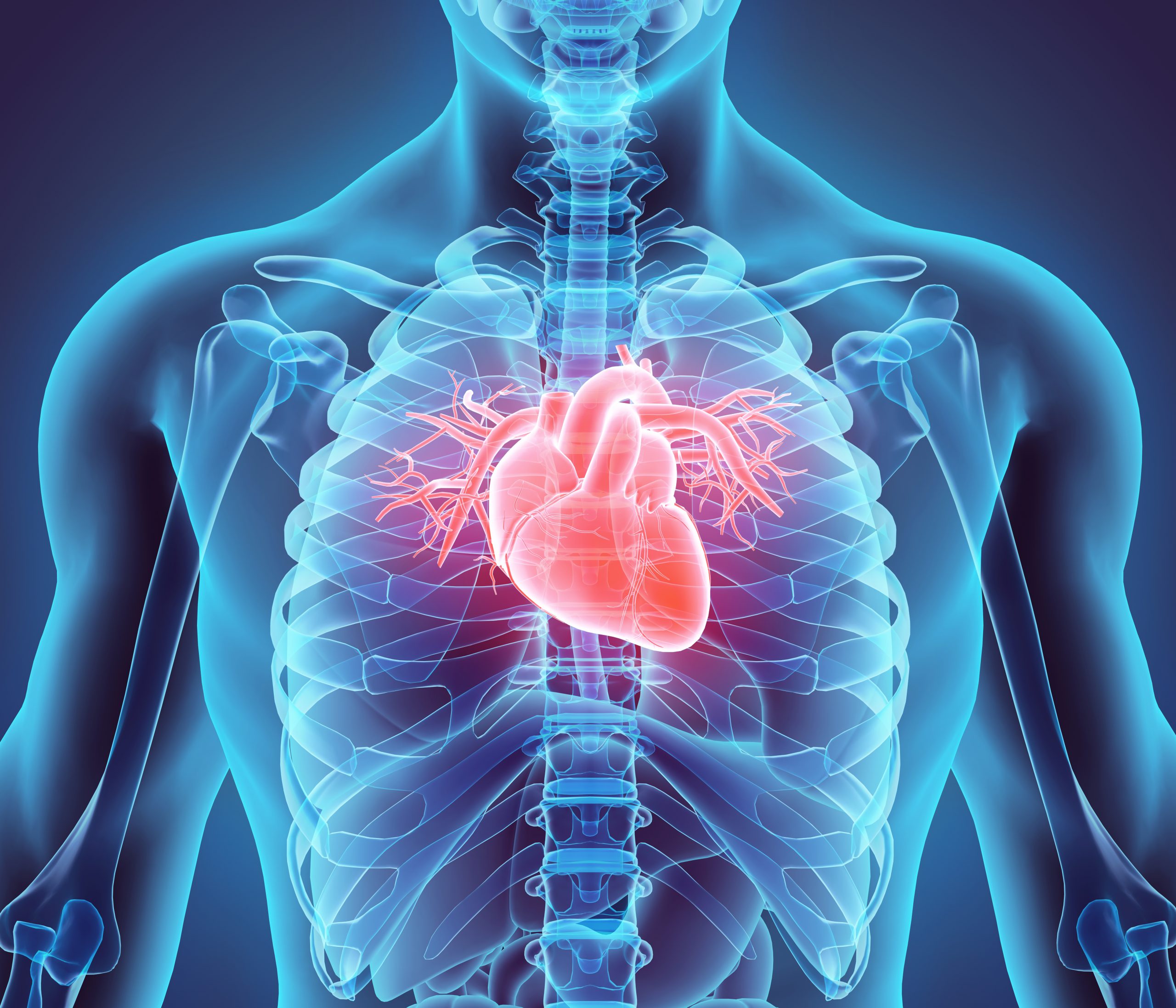Tina Beychok
May 19, 2021
You shouldn’t be surprised to know that many of your patients are struggling more than usual to maintain good eating habits. Your patients who already have underlying health issues are the most vulnerable in response to a worsening diet. Even your patients who normally are very good about eating a well-balanced diet may find themselves giving in to the temptation to be overly strict with their diet routines, which can lead to missing out on key nutrients such as L-Arginine and L-Citrulline.
A 2020 survey of more than 800 adults, published in the European Journal of Investigation in Health, Psychology and Education, breaks down the details of how the effects of long term stress in response to this current pandemic are showing up in terms of increasingly poor dietary habits. More than 30% of survey respondents reported that their diet had worsened during the COVID-19 pandemic, as well as unhealthy eating practices, including overeating (39%), fasting (16%), restricting eating (20%), and skipping meals (25%).
Unfortunately, following these types of unhealthy eating habits can have adverse effects, as it means that the body may not be getting certain types of essential nutrients. The amino acids L-Arginine and L-Citrulline are two such nutrients that help regulate the cardiovascular and circulatory systems by increasing nitric oxide levels.
Where can you find sources of L-Arginine and L-Citrulline?
Dairy products and animal proteins, particularly turkey breast, are excellent sources of L-Arginine and L-Citrulline. Plant-based sources can include leafy green vegetables, lentils, chickpeas, and soybeans.
However, it is important for you to carefully monitor your vegetarian or vegan patients, those who have medically based dietary restrictions, or those who have poor dietary habits to be certain their intake is at sufficient levels to ensure proper nitric oxide production and determine whether they may require supplementation. L-Arginine, L-Citrulline and Beetroot extract being some of the more popular forms of supplementation.
Why Nitric Oxide production is so important?
Nitric Oxide is a molecule that acts as a vasodilator. This means that they allow blood vessels to expand, allowing more blood flow and increasing oxygenation throughout the circulatory system.
Increasing expansion of blood vessels allowing more blood flow improves cardiac health and performance and also lowers blood pressure. Furthermore, higher nitric oxide levels can also improve oxygenation in the peripheral circulatory system, which can benefit other conditions, such as diabetic neuropathy in the hands and feet as well as improve erectile dysfunction.











